Getting a mortgage in Turkey as a foreigner: UK guide
Read our comprehensive guide to getting a mortgage in Turkey from the UK, covering everything you need to know.
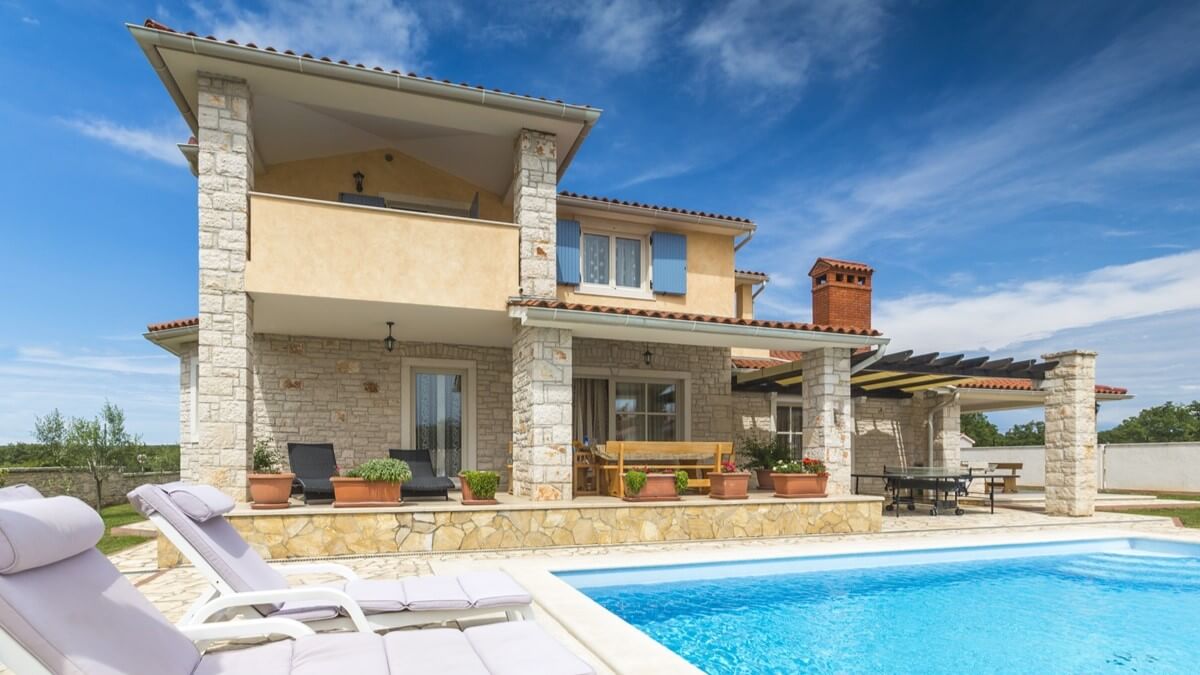
Love the idea of building your dream house abroad? France could be the ideal destination, home of fabulous food, wine, culture, stunning countryside and pretty seaside towns.
But building rather than buying a house in France can be a major challenge, and you’ll need to have enough money to cover the cost.
To help you plan, we’ve put together an essential guide on the cost of building a new house in France for UK expats. We’ll look at fees for architects and planning applications, as well as per-square-metre prices for construction work.
We’ll also look at the best way to pay for overseas building work in EUR, using low-cost solutions such as the Wise account.
There are many reasons why you might want to build a house in France.
For starters, you’ll have the chance to build your dream house, designed to your exact specifications, in the perfect location.
You might also find that it’s cheaper to build rather than buy a property abroad or build one, especially if you’re looking for something in particular or have your eye on an area where property prices are high.
Alternatively, you might want to build or renovate a property in France as an investment or to rent out.
There aren’t any restrictions or special requirements for foreigners buying properties in France, or buying land to build on.1
If you’re looking for a challenge and have the relevant experience, you might want to manage your self-build project yourself.
You can do this in France, but it’s strongly recommended to appoint some professionals along the way.
For example, you’re likely to need help navigating national and local building regulations, and making sure you get planning permission for your build. And of course, you’ll need skilled builders and tradespeople to make sure your new home meets French building codes.
First of all, you’ll need to find a suitable plot of land to build on.
In France, building plots for sale are called terrain à bâtir.
It’s a good idea to check the local plan for the area you want to build your home in. This is either called the Plan d'Occupation des Sols (POS), Plan Local d’Urbanisme [PLU] or Carte Communale, depending which part of France you’re in.2
You can check this plan at the town hall (Mairie) to find plots in areas that are zoned for construction, or that already have planning permission for building - this can make life a lot easier. Some plots may be reserved for agricultural or public use, or that have other restrictions which may prevent you from building.
A local lawyer may also be very helpful in finding a suitable piece of land for building.
To start your search, you can use a local estate agent or one specialising in overseas property and land sales. Or you can start your search online, using sites such as:
The process of purchasing land in France usually looks something like this:
You can build on your own land in France, but only if it is designated as suitable for building.
You can check this at the town hall, where it’s possible to apply for a certificat d’urbanisme. This is a planning advice certificate which gives general planning information on a particular site.3
You’ll also need planning permission.
You may find it difficult to get permission to build on undeveloped land in France.
The country has recently introduced new rules banning new builds on undeveloped land. It’s part of what it calls ‘zero net artificialisation’ (ZAN) policies aimed at preventing soil degradation and achieving other climate-related objectives.4
If you’re not sure whether you can build on a plot, it’s best to contact the local town hall or mayor’s office. A local lawyer may also be of assistance.
You should also bear in mind that rural plots can be difficult to build on, even if you do manage to get permission. The site may not be connected to mains services, and the terrain itself may not be stable or suitable for excavation or building. Access for construction vehicles may also be a problem.
Yes, you’ll need planning consent in order to build a house in France. For a new build, this is called Demande de permis de construire.5
You’ll need to apply for this from the town hall (mairie). Or for smaller communes which don’t handle planning-related matters, it’ll be the préfecture governing the area.6
Before submitting your application, it’s important to check exactly what documents you’ll need with the local authority. Otherwise you could face delays in your application being processed.
The time it takes for planning permission may depend on the complexity of your plans, and the part of France you’re building in.
But generally, you can expect it to take anywhere between 3 to 5 months for your application to be approved.7
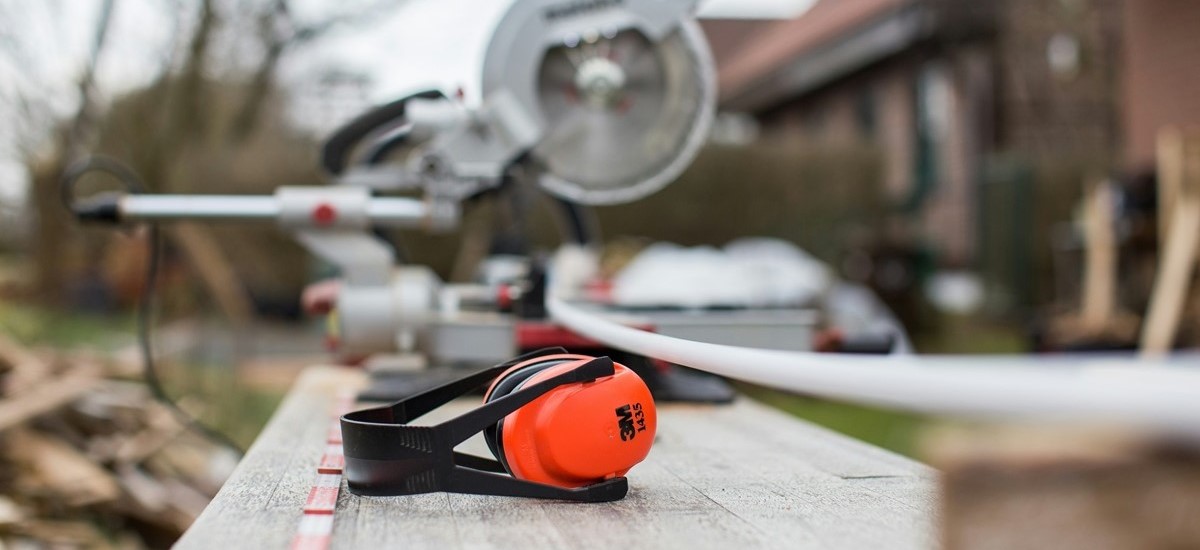
Now we turn to the crucial matter of building costs in France and how much you’ll have to pay to turn plans on paper into your dream home.
There are many different fees and taxes to factor in, and lots of people to pay including your architect and building contractors.
Architect’s fees in France will vary depending on the size, scope and specifications of the project, as well as the location. Some architects may charge a fixed fee, a daily rate or a percentage of the overall construction costs. In most cases, fees are negotiable.
As a rough guide, you can expect to pay around 3% of your total build cost in architect’s fees to get your plans submitted for your planning permission application. If you want your architect to supervise construction works, there will be another 5% to 10% fee to pay.8
Building work in France generally costs around €1,300 to €1,850 EUR (£1,093 to £1,555 GBP) per square metre.7
This is broadly the same as the UK, where on average it costs £1,200 to £1,500 GBP per square metre to build a home.9
The average salary for a builder in France is around €18.34 EUR (£15.42 GBP) an hour, or €38,149 EUR (£32,081 GBP) a year.10
Unlike in many other countries, there is no fee to submit a planning application in France.
However, if permission is granted, you may need to pay a planning tax known as taxe d'aménagement.11
We’ve already mentioned the taxe d'aménagement you may have to pay when you get planning consent for your project. You’ll need to check how much this will be with the local authority.
But you may also have to pay other property taxes on your new home, such as Taxe Foncière.
This is an annual French land tax, similar to council tax back in the UK. It’s calculated by assessing the nominal rental value of the property (even if you’re not letting it out). New build properties are usually exempt from this tax for the first 2 years, but you’ll need to check if this exemption applies to your property.12
Now, let’s take a look at some of the challenges you may need to overcome when building a house in France.
Planning consent is usually a key requirement in order to legally build on a plot of land you own.
In France, there are two types of planning permission (building permits):13
To apply for planning permission in France, you’ll need an architect to submit the application for you.
They’ll need to put together what is known as a dossier, made up of the relevant documents and plans for your project. This will consist of the following:14
The application form and process can be quite detailed and complicated, which is perhaps why a fully qualified architect is required.
Some land in France is marked as protected, which means you won’t be able to buy it or build on it.
The country also has rules on building along the coastline, in mountain areas and in proximity to a forest.
You’ll need to do some research to make sure that local environmental restrictions don’t prohibit development - a local lawyer can help with this.
And before starting any building work, you’ll also want to check that the terrain is stable enough for excavation and building.
In some parts of France, you may face restrictions on what you can build, what materials you can use and how your finished building should look.
This is especially the case if you’re building within a historic centre, conservation area or ‘protected zone’, where style and aesthetic restrictions are likely to apply.
One key thing to check is whether your land is within 500m of a historic/listed building or monument, as restrictions on building will almost certainly apply in this case.15
If you’re not fluent in French, it’s a smart idea to appoint a multilingual project manager - or hire a translator.
You should also aim to get any agreements in writing, and have those agreements translated into English. Otherwise, the risk of miscommunication and misunderstandings is high.
You’ll also need to think about how you’ll pay your French contractors, builders, tradespeople and architects in euros. You’ll need to make sure you’re not losing out to currency conversion, so opening a local bank account could be a good idea.
Alternatively, open a Wise account online and you can make fast, secure payments in EUR for low fees and mid-market exchange rates. It’s a low cost option that could save you money throughout the project.
It’s recommended to do some research on the cost of construction materials while putting together your budget.
You’ll also need to speak to your building contractor about available payment methods, but bank transfer or cash are likely to be the most commonly accepted.
Since the UK left the EU, Brits owning second homes in Europe have been subject to the ‘90 day rule’. This stipulates that they can only spend a maximum of 90 days within a total period of 180 days in an EU country.
So unless you move permanently and get a visa, you may be limited to how much time you can spend in your overseas holiday home.
The good news is that the French government has approved a bill which will grant automatic long-stay visas to British second homeowners with properties in France.16
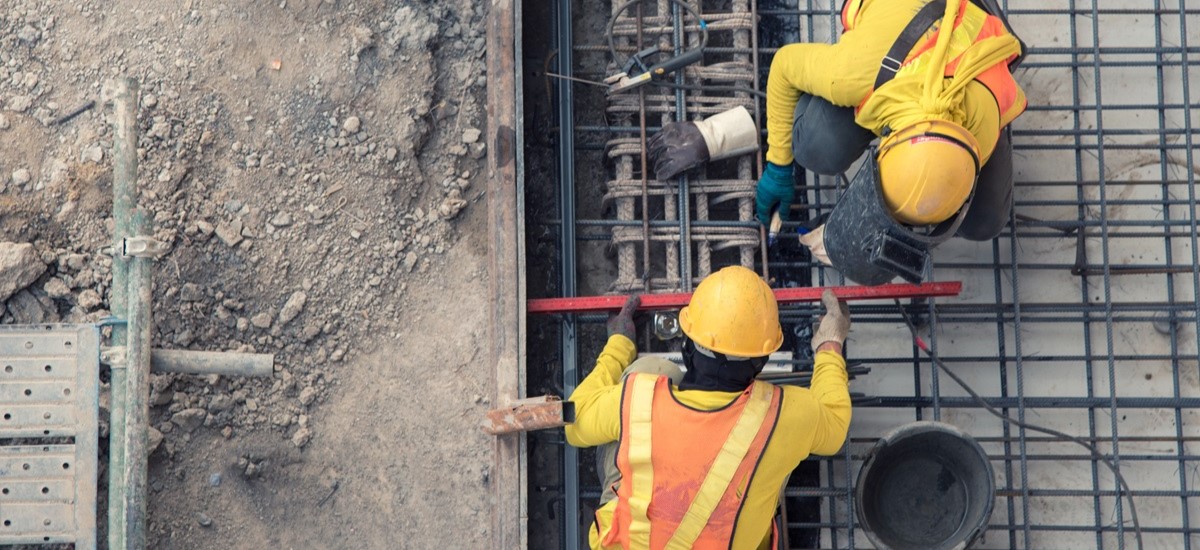
The amount you’ll need to build a house in France will vary considerably depending on where you’re building, what size property and the specifications of the project.
As a ballpark figure, you can expect to pay roughly between €1,300 to €1,850 EUR (£1,093 to £1,555 GBP) per square metre to build a house in France.7
To calculate your own construction costs, you’ll need to multiply this by the square metre size of your planned property.
You’ll also need to factor in architect fees, building permit application fees, taxes and other associated costs.
It isn’t mandatory to have a French bank account in order to build a house in the country.
However, you could find it difficult to cover your costs and pay international bills without one.
There are a few different ways you can pay expenses in France, while still based in the UK.
You can use your bank, but bear in mind that there may be relatively high fees related to sending money overseas. You may also lose out to currency conversion, as banks often add a margin to the mid-market exchange rate.
Another option is to use a specialist money transfer service like Wise. Open a Wise account and you can use the dedicated service for large amount transfers to send money safely and securely overseas.
Open a Wise account at the start of your project and you’ll be able to easily send money between the UK and France. This is a good way to keep currency exchange costs down, and make sure everyone gets paid.
There’s even dedicated support for large amount transfers, essential when you’re buying land or property, or paying large bills.
It’s low cost and guarantees you mid-market exchange rates with no margin on top*.
It all depends on the complexity and size of the house you’re building, but you should plan for up to 1-2 years of construction work.
You also need to factor in the time it takes to find and buy your plot, and for your planning permission to come through.
The size of property you’ll be permitted to build will be set by the local authority
according to its zoning plan and the designation of the plot itself.
If you own a house in France, you’ll be subject to the same property taxes as the locals.
This includes the annual land tax known as Taxe Foncière, as well as the taxe d’habitation. This is paid by whoever lives in the property, so your tenant will pay it if you rent the property out.17
📚 Read: Overseas property and tax
While foreign nationals are free to buy property in Italy, owning a home doesn’t entitle you to a visa or allow you to reside in the country permanently.
If you’re interested in moving to France permanently, you’ll need to look into the different visa options to find the right one for you, and apply for permanent residency through the usual routes.
The average house price in France ranges from €190,000 to €486,000 EUR (£159,980 to £409,214 GBP), with the median price varying considerably by region.18
While it depends where and what kind of property you buy, overall property prices are similar between France and the UK. It costs about the same amount per square metre to buy an apartment in a city centre, while properties outside an urban area are around 10% cheaper in France compared to the UK.19
Sources used:
1. Properstar - UK citizens buying French property
2. FrenchProperty.com - how to find land and check the local plan
3. French-Property.com - info on the certificat d’urbanisme
4. Connexion France - info on zero net artificialisation (ZAN) policies
5. French-Property.com - planning permission in France
6. French-Property.com - how planning applications in France work
7. Long Term Rentals in France - how long planning permission typically takes in France and price per square metre to build a house in France
8. French-Property.com - architect fees in France
9. Purple Bricks - average cost to build a house in the UK
10. Salary Expert - French construction worker salaries
11. French Plans - info on planning tax in France
12. Chase Buchanan - property tax info in France
13. French Entrée - types of planning permission
14. Angloinfo - planning permission documents
15. French Entrée - height restrictions on buildings in France
16. Bromley Estates Marbella - info on the 90 day rule for UK citizens in France
17. Blevins Franks - French property taxes
18. Long Term Rentals in France - average house prices in France
19. Numbeo - UK and France property prices compared
Sources last checked on date: 30-Aug-2024
*Please see terms of use and product availability for your region or visit Wise fees and pricing for the most up to date pricing and fee information.
This publication is provided for general information purposes and does not constitute legal, tax or other professional advice from Wise Payments Limited or its subsidiaries and its affiliates, and it is not intended as a substitute for obtaining advice from a financial advisor or any other professional.
We make no representations, warranties or guarantees, whether expressed or implied, that the content in the publication is accurate, complete or up to date.

Read our comprehensive guide to getting a mortgage in Turkey from the UK, covering everything you need to know.
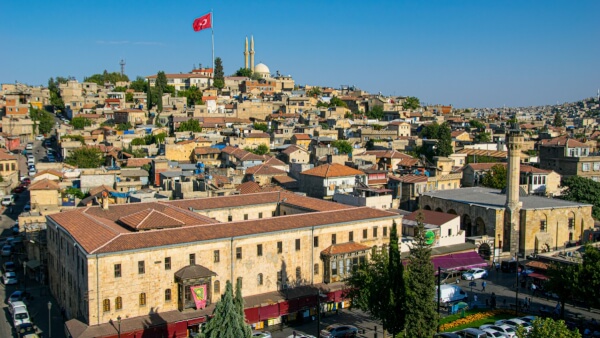
Read our essential guide to property tax in Turkey for foreigners and UK expats, including taxes on buying, selling and renting out property.
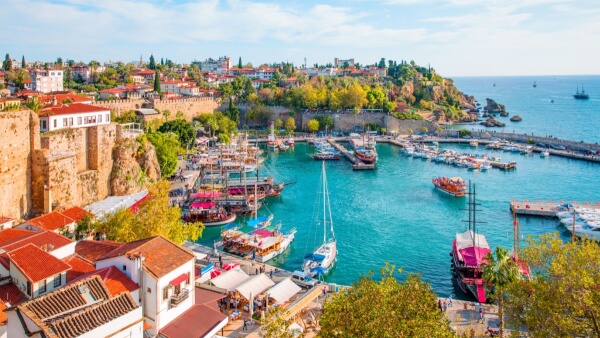
Read our complete guide to selling your property in Turkey, including info on the process, fees, taxes, legal requirements and more.

Read our essential guide to property tax in Greece for foreigners and UK expats, including taxes on buying, selling and renting out property.

Read our essential guide to buy-to-let mortgages for non-UK residents, including which providers offer them, eligibility requirements and costs.

Read our essential guide to property tax in India for foreigners and UK expats, including taxes on buying, selling and renting out property.